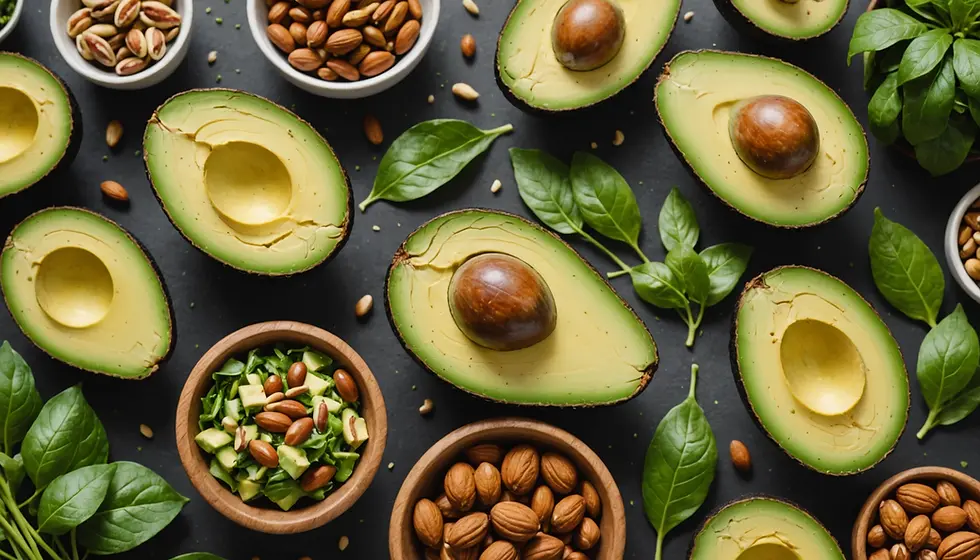Why You’re Always Hungry — Even When You’re Eating Healthy
- diana pelaez
- Nov 10, 2025
- 3 min read
You eat clean, avoid junk, and make balanced meals — but you’re still hungry an hour later. Sound familiar? You’re not alone.
Many women over 40 experience this constant hunger even when their diet looks “perfect.” The truth is, hunger isn’t just about willpower — it’s a mix of hormones, nutrients, and how your body processes food as you age.
Let’s break it down.

You feel like no matter how much you eat you're always hungry even when you are eating healthy.
1. You’re Eating the Right Foods… But Not Enough Protein
Protein is the most satisfying macro nutrient, but it’s the one most women under-eat. After 40, we need more protein, not less — it helps maintain lean muscle, balances blood sugar, and slows digestion so you stay full longer.
Think about this:
A salad with greens, veggies, and dressing might be “healthy,” but it’s probably under 15 g of protein.
Add grilled chicken or salmon and suddenly you’re closer to 35–40 g — a level that actually curbs appetite and supports metabolism.
If you’re always hungry soon after eating, it’s often a sign your meal was too light on protein.
2. You’re Skipping Carbs (and Your Hormones Notice)
Carbs have been unfairly blamed for everything, but women’s bodies need them — especially for hormonal balance. When carbs drop too low for too long, cortisol (your stress hormone) rises and your appetite goes into overdrive.
Choose quality carbs like oats, quinoa, lentils, and sweet potatoes. They keep blood sugar stable, fuel your workouts, and help you sleep better.

3. You’re Eating “Diet Foods” That Don’t Satisfy You
Low-calorie dressings, rice cakes, and protein bars might look good on paper, but they often lack volume, fiber, and real nutrients. Your body registers them as “not enough” and keeps asking for more.
A better approach? Eat real, balanced meals that include whole foods, healthy fats, and fiber. You’ll be more satisfied with fewer snacks and less mental hunger.
4. Your Hunger Hormones Are Out of Sync
After 40, changes in estrogen and progesterone affect ghrelin (your hunger hormone) and leptin (your fullness hormone).
When sleep is short, stress is high, or meals are inconsistent, these hormones misfire — you feel hungry even when you’ve eaten enough. The fix isn’t eating less; it’s restoring rhythm.
Try to stick to an approximate eating schedule: breakfast, snack, lunch, snack, and dinner.If you’re not a big eater, aim for at least three full meals with balanced macros and skip the snacks — the goal is consistency. Regular eating times help your body find its natural rhythm again and regulate appetite signals throughout the day.
Start with:
Consistent meal timing
A solid breakfast with protein and fiber
7–8 hours of sleep
Hydration before caffeine
5. You’re Under eating Overall
It’s possible to eat “healthy” and still not eat enough. Many women unintentionally create large calorie deficits by skipping meals or cutting portions too far.
When your body senses scarcity, it slows metabolism and increases hunger to protect you. Ironically, eating too little keeps you stuck.
That’s why I built a Free Macro Calculator — so you can see how much your body actually needs for energy, muscle, and fat loss click here to check you macros

Tip: Once you get your daily macro targets, divide them by the total number of meals you plan to eat that day.Snacks count as meals — so if you plan on eating five times a day (breakfast, snack, lunch, snack, dinner), divide your macros by five. If you prefer three full meals, divide by three. This keeps your energy steady and helps you hit your protein goal more easily without overeating or under eating.
Once you hit your right calorie and macro balance, your hunger naturally stabilizes.
The Bottom Line
If you’re always hungry even when eating “healthy,” your body isn’t betraying you — it’s sending signals.
More protein. Enough carbs. Real meals. Less restriction.When you start feeding your body what it truly needs, your energy, hormones, and metabolism finally sync again.
And hunger? It starts working for you, not against you.



Comments